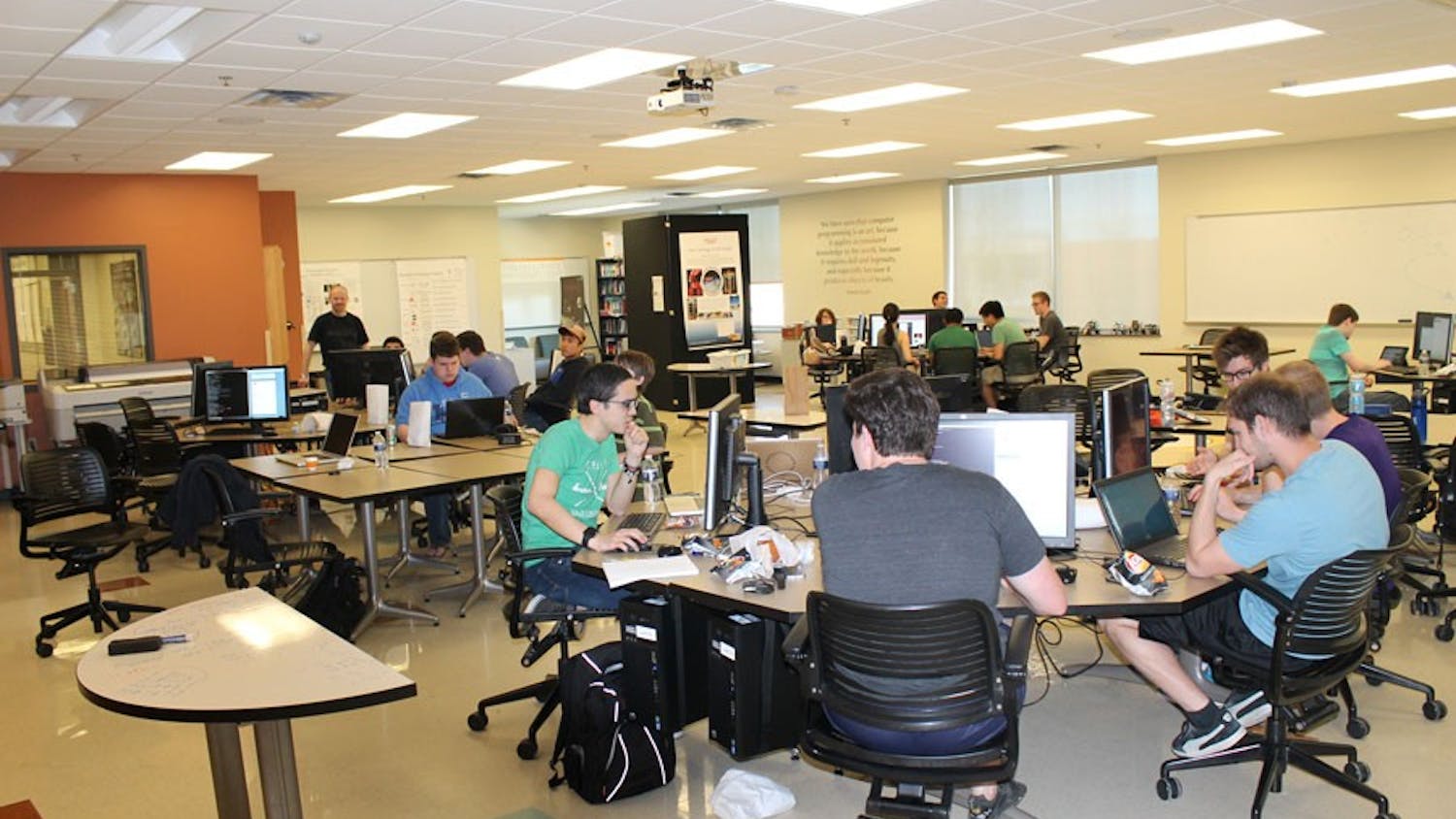By Ronni Meier | Echo
Recently, there has been a discussion about the validity of the scientific method and current scientific research. The argument states that success in science has bred complacency, and it has become detrimental to science and humanity, according to the Economist.
"Too many of the findings that fill the academic either are the result of shoddy experiments or poor analysis," said The Economist. "Even when flawed research does not put people's lives at risk-and much of it is far too far from the market to do so-it squanders money and the efforts of some of the world's best minds."
Although the scientific method is not perfect, Taylor students and professors have more optimism about the scientific method.
Senior biology and pre-med major Katie Johnson has seen firsthand what effects good science can have as it saved a family member's life.
"There is always going to be flaws in science, but we aren't going to stop studying and gathering data," Johnson said. "This is how we have modern medicine. No academia subject is cut and dry. There are multiple ways to solve for a derivative-you don't need one way to get there or a set protocol."
Competition is not an unfamiliar concept in research, and The Economist feels it is the main reason scientific study has begun to decline.
"As there are (six to seven million) active researchers on the latest reckoning, scientists have lost their taste for self-policing and quality control," The Economist claimed. "The obligation to 'publish or perish' has come to rule over academic life. Competition for jobs is more cut throat."
Director of the Master Environmental Science Program Paul Rothrock has watched colleagues struggle under the research pressures.
"I have seen some of this competitive trend," Rothrock said. "I am aware of some of the pressures that come onto Research One Universities. Grant money goes to the best idea and status. I had one colleague who recently retired from Indiana University because he was tired of always chasing the next breakthrough work. We have built a science industry, and it is not a very comfortable lifestyle because of the pressures put on."
The Economist described careerism as another reason exaggeration or results and cherry-picking occurs. Because 90 percent of submitted manuscripts get rejected from the leading journals, there is pressure to make the most striking findings. Failures to prove a hypothesis are rarely offered for publication, let alone accepted.
"I agree that we should publish failures as well as successes," Johnson said. "If it takes one hundred failures before success, it is better for researching as long as we understood the failures. Ideas are always going to be tested, and the scientific community is pretty good at checking out data."
The Economist also poses a huge question: If the government is dishing out $30 billion on research each year and scientists are repeating studies, is this a waste of time and brain power?
"I would rather spend money to try and solve a problem like cancer than to try to save money and sit back," Johnson said.
The Economist gave science credit at the end of the article, saying that it deserved respect as long as it was right most of the time and able to correct its mistakes when it gets things wrong. When science goes down "false trails" because of "shoddy research," there is an unforgiving barrier to understanding.
"Science is a human enterprise with all the good and the bad that involves," Rothrock said. "There certainly can be improvements, especially when it comes to peer review. I think there should be less of an emphasis on rating journals and more of a push to find ways for negative results to be circulated. I think that will come with online publishing. All in all though, I am deeply impressed by the quality of work that comes out of science. I haven't seen the bad work that is described in this article."




